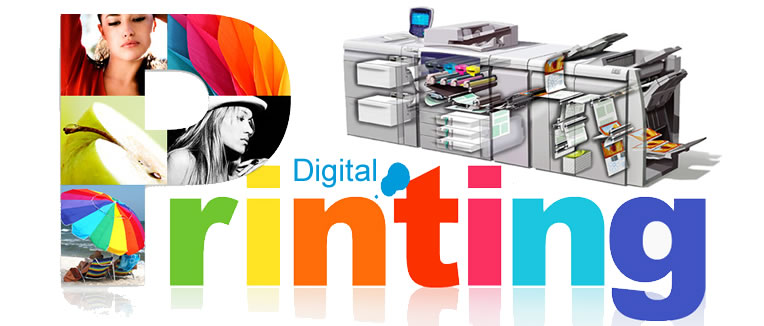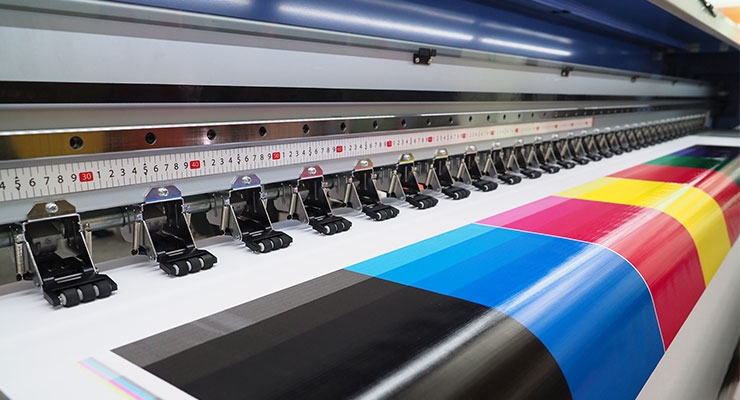The Main Principles Of Digital Printing
The Main Principles Of Digital Printing
Blog Article
The Basic Principles Of Digital Printing
Table of ContentsSome Known Questions About Digital Printing.Digital Printing Can Be Fun For AnyoneThe 8-Minute Rule for Digital PrintingDigital Printing for BeginnersSee This Report on Digital PrintingDigital Printing Can Be Fun For EveryoneThe Best Strategy To Use For Digital Printing9 Simple Techniques For Digital Printing
Customization also enables organizations to stand out in a crowded market by developing one-of-a-kind advertising and marketing products that separate them from their competitors. One of the main benefits of electronic printing is the capability to print variable data. Each published item can be special, enabling companies to create personalized marketing products that speak directly to their target market.Digital printing also permits personalization in the style of marketing products. With digital printing, businesses can develop styles that are unique and customized to their particular needs. This can consist of personalized graphics, fonts, and designs that can help to separate them from their rivals. Another benefit of digital printing is the capacity to print as needed.
The Ultimate Guide To Digital Printing
This advantages organizations that want to evaluate various advertising and marketing techniques or introduce brand-new product or services. By printing smaller quantities of advertising and marketing products, businesses can decrease waste and prevent the requirement for excess supply. Digital printing is additionally versatile. It can print on different materials, consisting of paper, cardstock, plastic, and steel.
By using different products and styles, services can produce special advertising and marketing products that attract attention from their rivals and bring in interest from their target market. Digital printing likewise offers consistency. With traditional printing approaches, there is often variant between prints due to distinctions in ink insurance coverage, stress, and various other variables.
This uniformity can assist develop customer trust and reliability, showing that business is devoted to providing high-quality products. Uniformity is especially important for businesses that desire to develop customer trust and reputation. By making certain that every print corresponds, services can show that they are committed to supplying premium materials and taking notice of the details.
A Biased View of Digital Printing

In enhancement, digital printing produces less waste since it can publish as needed and in smaller sized quantities, decreasing the requirement for excess stock and products. Digital printing additionally makes use of much less power contrasted to standard printing approaches. Digital printers do not call for as much energy to run, as they do not require to warm up as much or use as much power to run.
3 Easy Facts About Digital Printing Explained

Offset printing needs a plate for each shade published. Conventional countered printing is a print method that makes use of aluminum plates to move ink onto a rubber sheet (commonly referred to as a "blanket"). The photo is then rolled onto the printing surface. This printing approach is considered "countered" due to the fact that the ink is not transferred to the paper directly.
What Does Digital Printing Do?
Although the equipment's set-up costs are high initially, additional units end up being fairly less costly as the quantity increases. Countered printing permits a variety of print materials to be used throughout manufacturing. It enables the printer to utilize different paper types, custom coatings, and numerous inks. The high-quality photos generated with balanced out printing make it the preferred approach, specifically among graphic developers, when looking for the best color recreation, information, and professional-looking prints.
The fundamental printing approach stays offset. For electronic inkjet printing, ink is transferred straight onto the surface. Instead of counting on aluminum plates and rubber coverings to transfer a picture, digital printing makes use of liquid ink throughout production. Traditional home inkjet printers are among the most typical digital printing techniques.
Top Guidelines Of Digital Printing
Better color fidelity refers to both the accuracy of the shades and their equilibrium in the layout. Because balanced out printing can mix custom color inks for each task, it will naturally get the colors spot-on. Works similarly well on virtually any kind of kind of material. Reputable, remarkable photo top quality. Count on offset printing for clean, distinct types and images without touches or places.
It costs a lot to begin a countered task. You have to invest money right into more info here creating the plates, which takes time. When you've spent it, all of the products are prepared to go, and you'll spend much less on huge balanced out jobs than an electronic print, which is regarding the same per piece no issue exactly how big the work gets.
Each print equals. You risk less odd variants caused by discrepancies in water and ink. Digital printing is less expensive for low-volume jobs. The cost per device drops for electronic printing, so company website at some time, they crisscross. Transforming information within a solitary print work. State you were publishing out postcards advertising a show.
More About Digital Printing
While electronic printing or inkjet printing is the recommended option in the present times, there are compelling reasons to convert from offset to electronic printing systems. When publishing balanced out or digitally, vital decisions and processes are involved in color matching.
Industrial inkjet printing offers convenience for printing on several various substrates. Digital printing is ideal for customers who do not call for longer runs and warehousing products.

One advantage of digital printing is picking from a wide variety of electronic substratums. With offset printing, substratums compose, typically, 30% of the expense of the work. With electronic printing, the cost of the substrate in the general task is tiny. This allows for more choices than in the past, which benefits online marketers and services.
How Digital Printing can Save You Time, Stress, and Money.
drop-on-demand is the second printing modern technology to take into consideration. Continual inkjet systems call for considerable maintenance, more driver training, and greater downtime. Tools expenses in inkjet printing are far reduced than balanced out printing as there are no plate-making, plates, and press expenditures. Past the capital expenditure, the prepress equipment and printing machine need extremely experienced drivers in balanced out printing, which adds labor prices.
Report this page